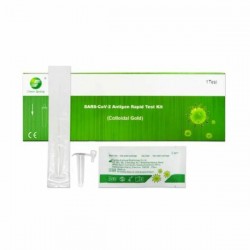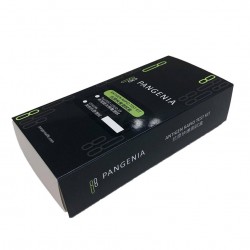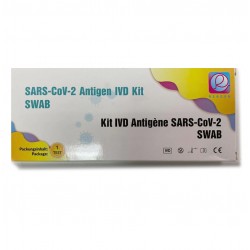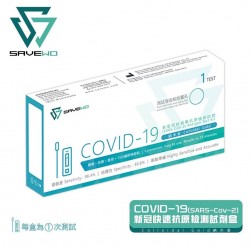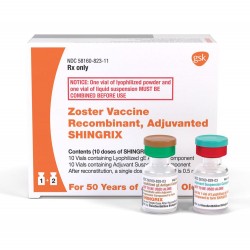13價肺炎鏈球菌疫苗
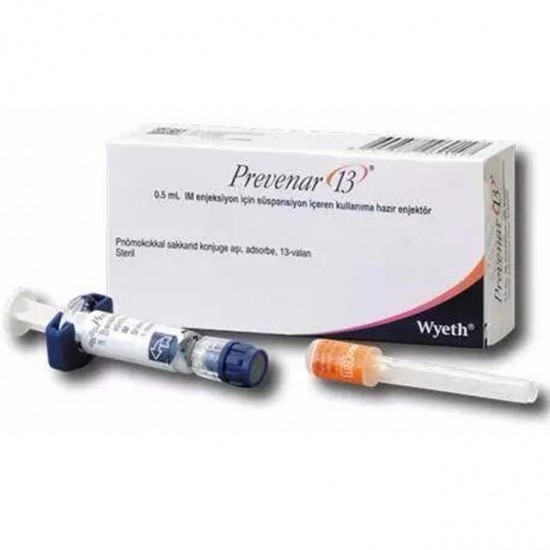
最新
甚麼是肺炎球菌感染?
肺炎球菌感染泛指由肺炎鏈球菌(或肺炎球菌)引致的疾病。雖然肺炎球菌一般只會引起較輕微的病症如鼻竇炎和中耳炎,但它亦可引致嚴重甚至致命的侵入性肺炎球菌疾病如入血性肺炎、敗血病和腦膜炎。幼兒及長者患上侵入性肺炎球菌疾病後病情通常較為嚴重。
哪些人應接種肺炎球菌疫苗?
科學委員會建議兩歲或以上有高風險情況人士*應接種一劑十三價肺炎球菌結合疫苗(十三價疫苗),一年後再接種一劑二十三價肺炎球菌多醣疫苗(二十三價疫苗)。已經接種二十三價疫苗的人士則應在上一次二十三價疫苗接種一年後才接種十三價疫苗。而已經接種十三價疫苗的人士則應在上一次十三價疫苗接種一年後才接種二十三價疫苗。
65 歲及以上而沒有高風險的情況*的人士,科學委員會建議接種一劑十三價疫苗或一劑二十三價疫苗。
* 高風險的情況包括:
- 曾患侵入性肺炎球菌病;
- 缺乏免疫功能:
- 無脾臟,愛滋病,原發性免疫力缺乏症;
- 與癌症和器官移植有關的免疫功能缺乏;
- 與使用免疫功能抑制劑或類固醇有關的免疫功能缺乏。
- 慢性疾病:
- 慢性心臟,肺部,肝或腎病;
- 糖尿或腦脊髓液滲漏;
- 裝有人工耳蝸 (高血壓本身並非高風險的情況)
- 患上肺炎球菌病的風險因每人的年齡及健康狀況有別,有高風險情況的人士請與其醫生商討最合適的肺炎球菌接種。
肺炎球菌疫苗可與流感疫苗一同注射嗎?
可以。二十三價肺炎球菌多醣疫苗及肺炎球菌結合疫苗可與其他疫苗,包括流感疫苗一同接種,但應使用不同針筒在不同部位注射。
接種肺炎球菌結合疫苗可能會出現甚麼不良反應?
肺炎球菌結合疫苗已獲證實安全。常見不良反應包括注射部位可能在接種後短時間內出現輕微腫脹及疼痛,但大部分反應在兩天內會自然消退。一些可能會出現輕微發熱、疲勞、頭痛、發冷或肌肉疼痛。在針口位置出現嚴重的疼痛或移動手臂困難是非常罕見的。
哪些人不適合接種肺炎球菌疫苗?
如曾在接種肺炎球菌疫苗後或對該疫苗的成分或含有白喉類毒素的疫苗出現嚴重過敏反應,則不應繼續接種。
標籤:
疫苗



